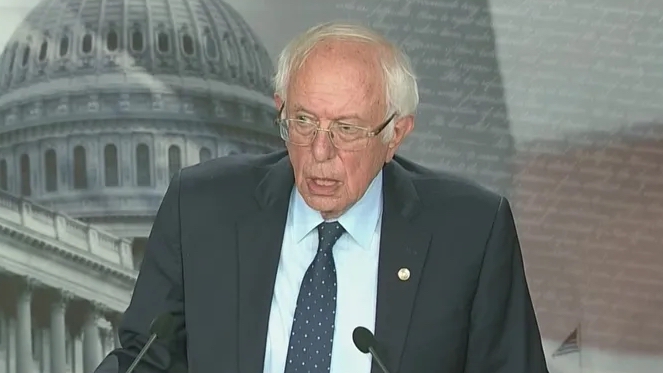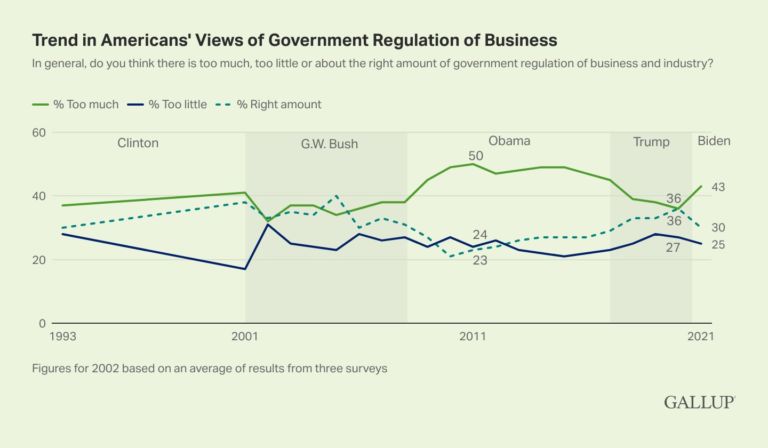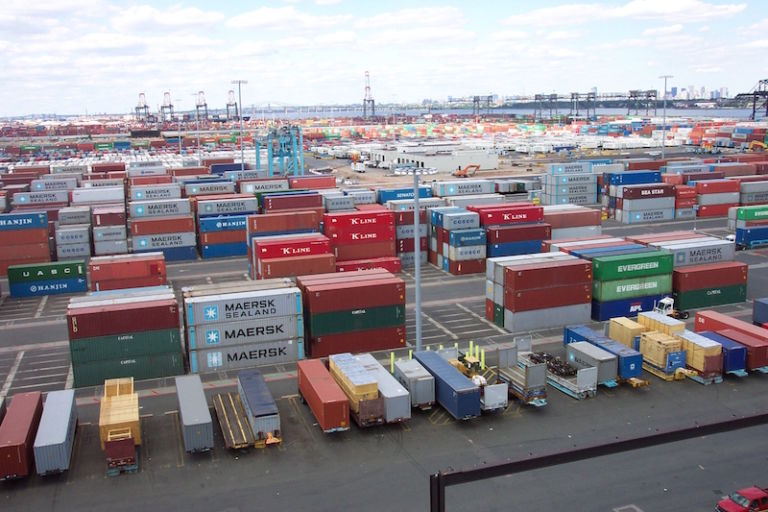John Fund‘s latest column at National Review Online focuses on the approach Whole Foods CEO John Mackey takes to capitalism.
Mackey stresses that free markets have immeasurably helped poor people ever since Adam Smith’s disciples and the Industrial Revolution ushered in modern economies. “Two hundred years ago, the world’s population had an average living standard akin to Bangladesh’s,” he proclaimed. Today, overall global prosperity per capita has increased by ten times since then, with increases of 16 times in developing countries and 100 times in the United States.
The potential for dramatically reducing poverty further is what makes Mackey excited about free markets. But capitalism has a “branding problem,” he noted, and it’s time to go on the offensive in favor of free markets: “Capitalism is ending poverty on planet earth. The problem is not that there is an unequal distribution of wealth in the world. The problem is that there is an unequal distribution of capitalism.”
But it must be capitalism properly understood. In his book, which he co-authored with business professor Raj Sisodia, Mackey notes that crony capitalists and misguided governments have often been in an alliance to “use the coercive power of government to secure advantages not enjoyed by others: regulations that favor them but hinder competitors, laws that prevent market entry, and government-sanctioned cartels.”
Mackey told his audience that business leaders should understand that capitalism is threatened if it receives the brunt of the blame for disasters such as the 2008 financial crisis. “The recession was blamed on greedy financial corporations, deregulation, and capitalism — market failures — rather than on bad government regulations and monetary policies — government failures.”
It’s up to business to demonstrate and develop ways of explaining the good that it does.


